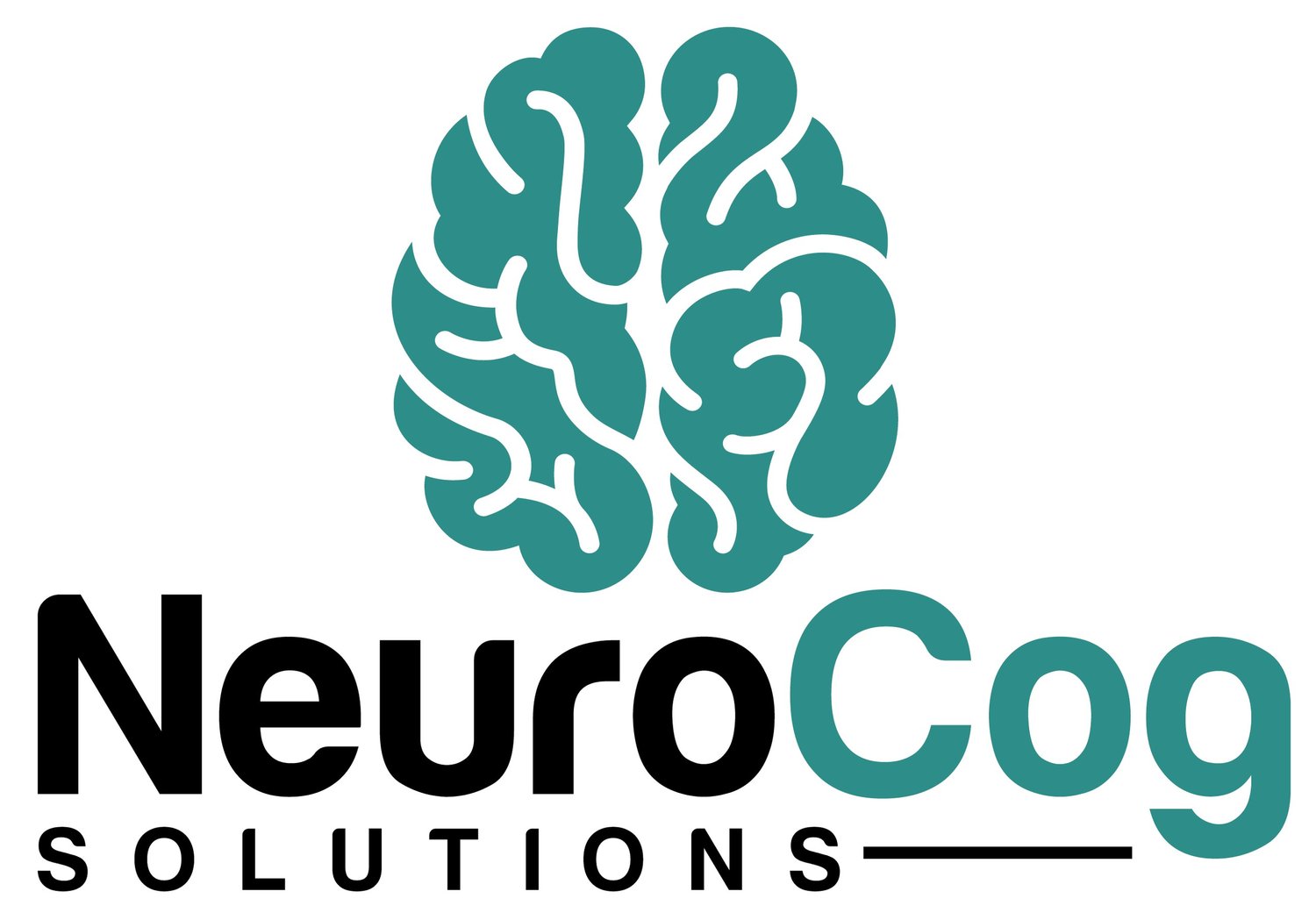Caregiving Support: Do I need Guardianship?
This blog entry addresses family caregivers' concerns about maintaining the care and safety of an adult loved one who has a cognitive impairment due to dementia or brain injury. This is for informational purposes only and is not legal advice. Please consult an Elder Law Attorney for guidance on your specific situation.
After a diagnosis of progressive cognitive impairment, one of the most important steps is for the patient to discuss their wishes with their loved ones. They should select a Health Care Proxy, someone who knows their wishes regarding medical treatment, and who is willing to follow those wishes. This person would also be strongly encouraged to see an attorney and assign someone to be their Financial Power of Attorney, that is someone who will pay their bills and manage their assets if at some point they are no longer competent to do so. In most cases, this is all that is recommended.
There are, however, a few instances where applying to the Courts for Guardianship is strongly encouraged. Examples would include:
A widowed father with financial assets has two adult children; one has struggled with drug use and financial abuse, while the other has been consistently present and supportive. The supportive child is seeking full legal rights to oversee their father’s healthcare needs and finances.
The Incapacitated Person owns a family business and it is becoming evident that he/she can no longer competently manage the complexities of running the business, but they refuse to give up control.
A widowed mother has developed dementia with behavioral issues and can no longer safely reside at home. She is having frequent outbursts, has poor nutrition and hygiene, and is not compliant with medication. She will not allow family to hire a private caregiver or agree to move to a healthcare setting.
The New Jersey Courts have a website that provides very specific, easy-to-read information on the topic of Guardianship. If you are considering pursuing this course you may want to review the information they provide. It can be found at:
https://www.njcourts.gov/self-help/guardianship
The question asked most often is “Do I need a lawyer?” Although the individual seeking Guardianship can represent themselves, it is highly recommended that you seek legal assistance, as there are many steps to the process. You will also have to decide if you are seeking Guardianship of the Person Only, the Estate Only, or Guardianship of the Person and the Estate. The person in question is considered an Alleged Incapacitated Person (AIP) until the court determines that they are, in fact, incapacitated.
You will need Certification by a Physician and/or Psychologist, who personally conducts an examination, that the person in question is incapacitated. There will be a variety of standard forms provided by the court that will also need to be completed. Once all necessary documents are filed with the Court, the Alleged Incapacitated Person (AIP) will usually be assigned an attorney by the court to represent them, and the judge will set a court date. This attorney will interview the AIP, and write a report. A second assessment by a Physician and/or Psychologist is also usually completed, and the AIP has the right to contest the assigning of the Guardianship. At the hearing, you or your attorney will be asked to prove the need for Guardianship. If your argument is compelling, the judge will write a judgment assigning the Guardian. There will be some additional paperwork that will need to be completed, and then Letters of Guardianship will be issued.
Guardians are entitled to a stipend, paid by the patient’s estate, as compensation for their efforts in overseeing the care of the incapacitated person. You will also need to keep detailed financial records, as reports will periodically be required by the court.
Coping with the care of a loved one with a cognitive impairment can be very overwhelming. You don’t have to do it all on your own. The staff at NeuroCog Solutions can assist with a variety of needs, from cognitive testing, to ongoing counseling, or one-time information sessions. Sessions can be in person or via Telehealth. Please feel free to call and find out more.
